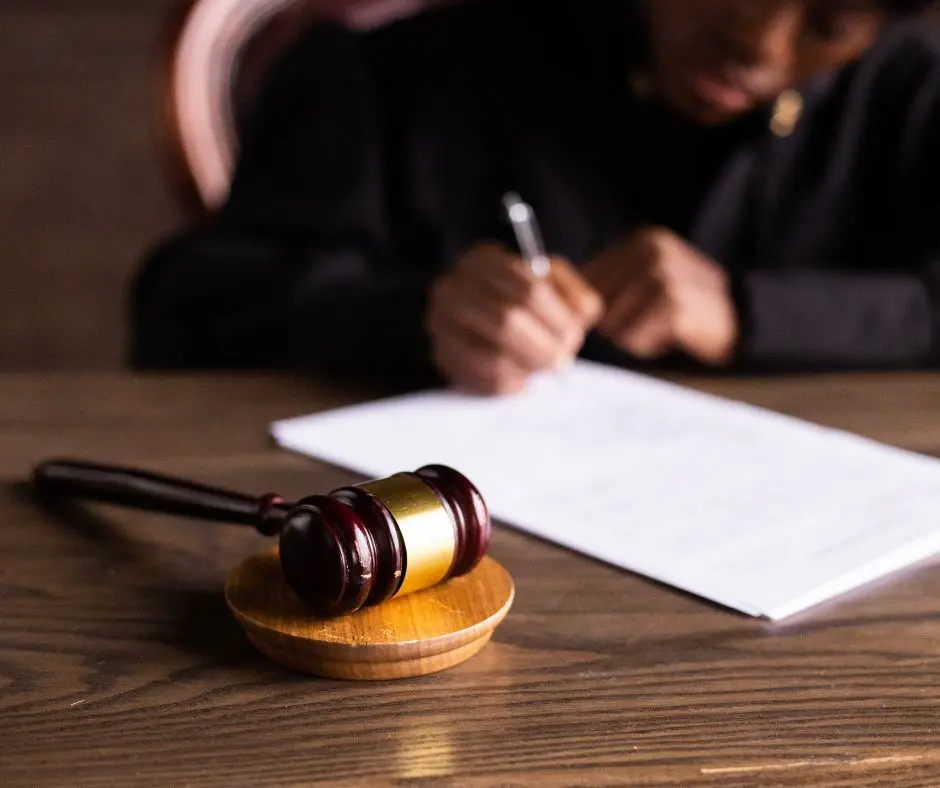Divorce can feel like one of the most unfair situations possible. This can be especially true when you feel your spouse is to blame for the marriage ending. In this situation, it would seem that you could take your case to court and come out with rulings that leave you in the best position.
However, there is a reason why “fair” isn’t really the word judges use in making decisions, so you shouldn’t either.
Some people believe they can hire a divorce attorney and expect them to get everything they want. However, the law is not set up for this result. It’s rare in divorce for either party to get all of their requested relief no matter how aggrieved they feel.

The court is charged with making an equitable division of property and debt and deciding issues pertaining to children which are in their best interests. Often what is reasonable in the eyes of the court may not feel fair to those involved.
Wisconsin is a community property state, meaning that property acquired and debts incurred during marriage belong equally to both spouses. The court will divide the assets and obligations 50/50 in many cases. However, the law does provide the court with some discretion to make a disproportionate award.
For instance, in deciding equitable division the court can consider factors such as the relative physical and emotional health and age of the parties; the length of the marriage; whether one of the parties has substantial assets not subject to division by the court; the contributions of each party to the marriage; and giving appropriate economic value to each party’s contribution in homemaking and childcare services.
The idea behind these and the other factors the court can examine is to leave each person in a relatively equitable position after the divorce. The court can also award spousal support in some situations for this purpose.
When it comes to child placement and custody, Wisconsin law supports both parents having frequent and ongoing contact with their children and an equal say in decision-making. There are factors the court will look to in order to decide whether choices about kids are in their best interests.
Although parents may be angry with one another, unless it can be demonstrated that either parent’s conduct presents a danger to their kids, both are likely to have equal rights when it comes to them. This can be hard to accept, especially when your ex has had an affair or engaged in another hurtful act.
Although a parent may have been a bad husband or wife, this does not necessarily mean he or she cannot safely parent their children.
After going through the emotional turmoil of divorce, it may be hard to feel that any decision is fair compensation for the pain you have endured. While the judge cannot make your ex pay for the hurt you have experienced, he or she can follow legal principles that are designed to leave you in an equitable position.










